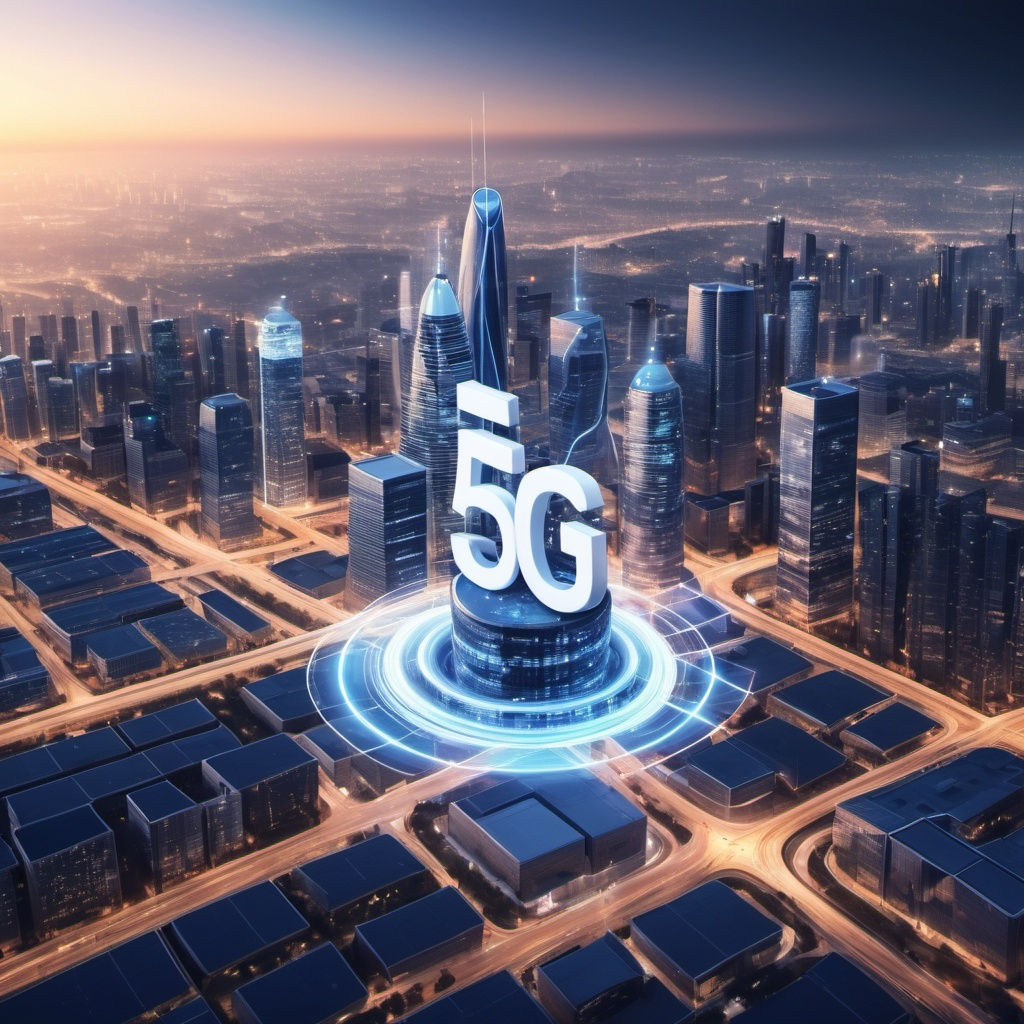In 2024, 5G technology is transforming digital infrastructure, unlocking new possibilities for speed, connectivity, and efficiency across industries. With faster data transfer rates, lower latency, and the ability to support a vast number of connected devices, 5G is central to digital modernization efforts. Industries from healthcare to transportation benefit from 5G’s capabilities, enabling innovations like telemedicine, smart cities, and autonomous vehicles.
Despite its benefits, widespread 5G implementation presents challenges, such as the high costs of upgrading infrastructure and concerns about security vulnerabilities. To fully realize 5G’s potential, telecom companies and businesses must invest in compatible hardware, such as upgraded routers, servers, and security systems. Additionally, public concerns about 5G’s impact on data privacy highlight the need for transparent data governance and security measures.
5G is more than an upgrade; it’s a foundational technology that will enable new business models and enhance existing services. Companies should start preparing for the impact of 5G by assessing how it fits into their long-term modernization strategies, investing in employee training, and securing partnerships with technology providers. As 5G technology matures, organizations that leverage its capabilities effectively will stand out in an increasingly connected world.


